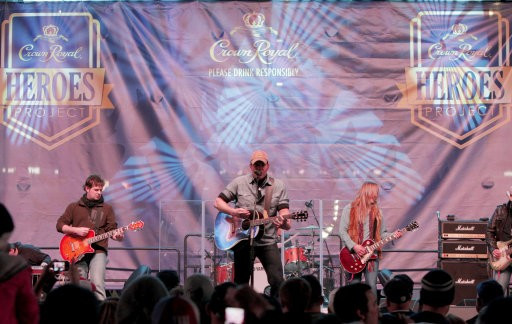Soon Machines Will Predict Success of Songs

The result of a study conducted at the University of Bristol has suggested it is possible to predict the popularity quotient of a song through a machine-led algorithm.
The research, carried out by Tijl De Bie and his time, analysed the UK's Top 40 Singles chart (over the past 50 years), looking to differentiate the most popular (5 songs) from the less popular ones (30 to 40).
The team used a variety of musical concepts like rhythm, time signatures, song duration and loudness, as well as a detailed synopsis of the songs that included harmonic ease, chord sequences and non-harmonicity, to calculate final scores.
A "hit potential" equation that scored a song according to the above characteristics was developed. The equation works by analysing each song for a specific amount of time and, according to weighted list of the 23 features briefly elaborated on above, rated each song's "hit potential".
The team found they could categorise the songs with an accuracy rate of 60 percent, allowing them to predict whether a song will reach one of the top five slots or never make it past 30 on the chart.
"Musical tastes evolve, which means our "hit potential equation" needs to evolve as well. Indeed, we have found the hit potential of a song depends on the era. This may be due to the varying dominant music style, culture and environment," De Bie, a senior lecturer in Artificial Intelligence, said in a statement.
Interestingly, the research also found the hit songs to be comparatively louder than those at the bottom of the charts; as reflected by a strong weight for the loudness characteristic. In addition, it was not particularly easy to predict hit songs in 1980. The equation, however, was easier to use in the early 1990s and from 2000 on. Furthermore, one other weighted characteristic - the dance quotient - was not particularly related to its potential to become a hit song... at least not till the late 70s, when those songs that encouraged listeners to dance became hit. This would seem to imply, the research suggests, the late 70s and early 80s were creative periods for pop music.
© Copyright IBTimes 2025. All rights reserved.




















